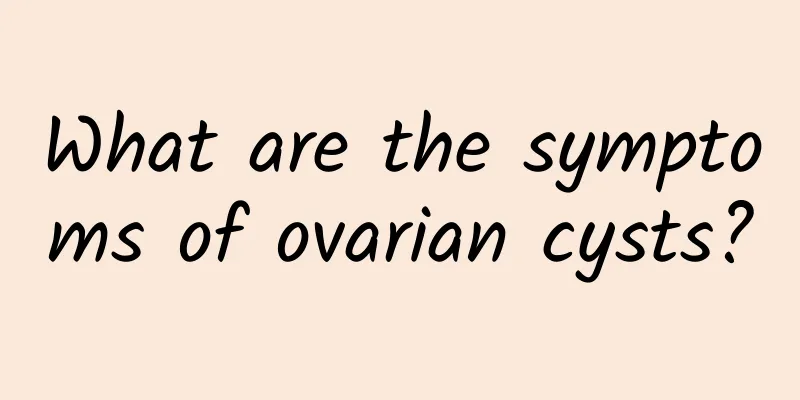Does it hurt when you urinate as if something is stuck? Be careful of urinary stones! Nutritionist Hou Wenyi: 5 tips for drinking water correctly

|
When people find that the amount of urine is small, the urine is dark in color, and the urine smells bad, and they feel that there is a small object stuck in the urethra when urinating, which is painful but cannot be discharged, be careful that it may be due to lack of water or kidney stones causing urinary stones! Nutritionist You Weiming from the Catholic St. Martin's Hospital reminds us that sufficient daily urine volume (about 1000~2000cc) can effectively prevent the occurrence of stones. However, it is impossible for ordinary people to measure urine volume every day. Therefore, "colorless urine" and "urinating 6 to 7 times a day" can be used to judge. Usually, urine volume greater than this value is sufficient. Replenishing water is a very important thing in daily life! In addition to congenital genetic and physical factors, kidney stones are usually caused by incorrect living and eating habits, especially "not drinking enough water" which will cause urine concentration. The concentration of calcium, oxalic acid, uric acid and other substances in the urine will increase, and finally form crystal stones that damage the kidneys and urethra. There was a case in the nutrition clinic where a patient liked to eat hot pot and stinky tofu, eating them 2-3 times a day and not liking to drink water, resulting in high uric acid and poor kidney function. Common causes of urinary tract stonesHigh uric acid is the fourth highest disease in Taiwan after the three highs (high blood pressure, high blood sugar, and high blood lipids). According to the results of the Taiwan National Nutrition and Health Status Change Survey from 2017 to 2020, the prevalence of hyperuricemia in people over the age of 19 was 13.8%, and the incidence of high uric acid in men was 1.8 times that of women. Nutritionist Hou Wenyi explained that uric acid is a waste product produced after the body metabolizes purine and is mainly excreted through the kidneys. When you don't drink enough water, your urine becomes concentrated and your kidneys are unable to effectively excrete uric acid, causing it to accumulate in the body and increase the formation of uric acid crystals, leading to urinary stones and gout attacks. Drinking enough water can prevent high uric acidTherefore, maintaining adequate water intake plays an important role in helping uric acid excretion and preventing hyperuricemia and gout. It is recommended to drink adequate water every day, about body weight × 20~30cc. Especially for people with a history of hyperuricemia or gout, they should pay more attention to not being dehydrated. Don’t eat anything you want to overcome gout (Photo courtesy of St. Martin’s Catholic Hospital) 5 tips for drinking water correctlyCommon reasons why people do not drink enough water may be that they are too busy at work to have time to drink water, they are in an air-conditioned environment for a long time without feeling thirsty, there are not enough water supply equipment in the workplace, or they do not have the habit of drinking water on a regular basis. Nutritionist Chen Yuxiu said that there are easy ways to maintain adequate water intake, and the more you drink, the healthier you will be. Here are 5 great ways to drink water correctly, learn them quickly: 1. Drink 300cc of water after getting up and washing up. 2. Drink 300cc of water before going to work. 3. Drink 500cc of water before lunch. 4. Drink 500cc of water during tea time. 5. Drink 500cc of water before dinner. There are easy ways to stay hydrated, and the more you drink, the healthier you will be. In terms of diet, special attention should be paid to eating certain foods in moderation and not overeating. Foods that are likely to cause high uric acid include: beer, meat and seafood, meat and seafood soups, offal, and high-fructose syrup drinks. Otherwise, uric acid may become high and make urination uncomfortable. |
Recommend
How long does it take for menopause to occur if you don't have your period?
For women over 40 years old, menopause can be con...
How much does it cost to clean uterine fluid in the hospital?
This is a materialistic society. Our comfort and ...
What are the causes of uterine fibroids? How to use medication for uterine fibroids
What are the causes of uterine fibroids? This has...
Precautions for identification of endometrial tuberculosis
Many female infertility phenomena are caused by t...
How to check for pelvic inflammatory disease
How to check for pelvic inflammatory disease? Pel...
How to scientifically treat cervical warts
Everyone knows that cervical warts are a relative...
Can a loose cervix cause miscarriage?
Cervical relaxation may lead to miscarriage, but ...
Japanese slimming hot! Is the 8:16 diet method for weight loss effective?
Taiwanese people love Japan, and even losing weig...
What are the hazards of common cervical precancerous lesions?
What harm will women suffer from cervicitis? Most...
Are green bamboo shoots more nutritious than white bamboo shoots? 3 groups with weak stomachs should not eat too much
When eating bamboo shoots in summer, don’t forget...
Burning sensation in the vulva Abnormal vaginal discharge
A burning sensation in the vulva and abnormal vag...
Poor metabolism, so hard to lose weight? Eat "B" this way to get rid of fat!
Office workers sit for long periods of time and l...
Eat "Green Ginseng" okra to lose weight, control blood sugar, and supplement calcium
Okra is a vegetable with high nutritional value a...
My period just ended but I still feel pain in my stomach. What's wrong?
My period just ended but I still feel tingling in...
Several effective nursing measures for vulvar leukoplakia
Vulvar leukoplakia is a major disease that many w...









